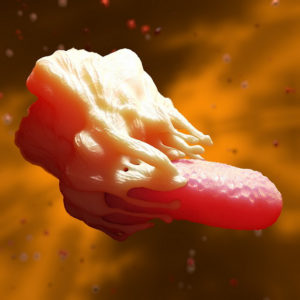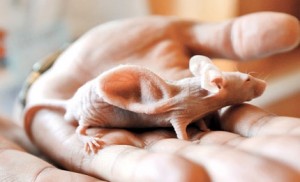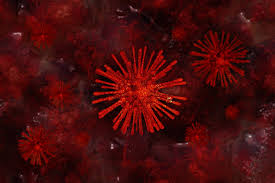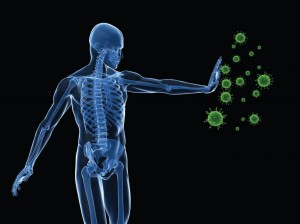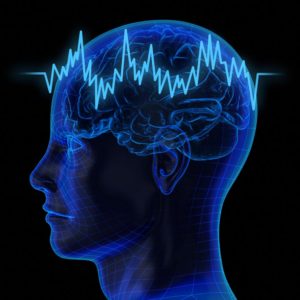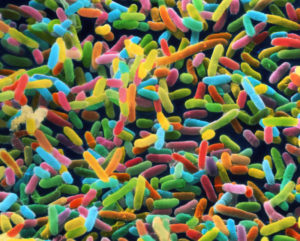Few grants are more coveted than a Pioneer Award from the U.S. National Institutes of Health (NIH), which provides up to $500,000 annually for 5 years to a researcher pursuing innovative, potentially ground breaking research. So when Juan Carlos Izpisúa Belmonte, a developmental biologist at the Salk Institute for Biological Studies in San Diego, California, heard from NIH earlier this year that his was among the top-ranked applications, he was thrilled but there was a catch. The application is on hold, the agency has told him, as NIH reconsiders its rules for the kind of experiments he wants to do: mixing human stem cells into very early animal embryos and letting them develop, a strategy that could produce tissues or organs for transplantation. On 23 September, NIH issued a notice saying that it will not fund such research “while the Agency considers a possible policy revision in this area.” And it has invited scientists and bioethicists to a meeting on 6 November to discuss the ethical questions raised by such experiments. Izpisúa Belmonte took the news in stride. “I’m not upset. Quite the opposite. I think it is great that we openly discuss this and hope that a conclusion is reached,” he says. The mixtures of cells under debate are called chimeras, named for a monster of Greek mythology that had the body and head of a lion, a fire-breathing goat’s head on its back, and a snakelike tail. In ancient Greece, the chimera was a bad omen, appearing before shipwrecks, volcanoes, and other disasters.
